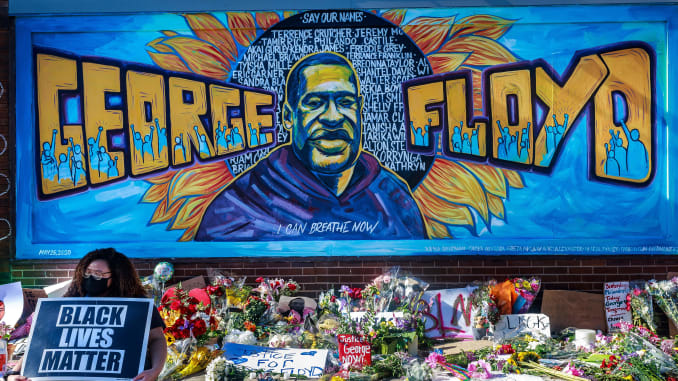I’ve been thinking all week about what I could say that would feel anywhere close to “appropriate.” As a white woman, I do not have first-hand knowledge of the inequalities that black men, women and children face on a daily basis.
What I do know is that as a country we need to do more than just promote diversity in our workplaces. While the current Covid-19 pandemic is new territory for humanity, racism is, unfortunately, not new at all. It’s how this country was built. Just listen to this opening episode of The 1619 Project podcast to recall, or to learn for the first time, that Thomas Jefferson wrote the Declaration of Independence (“all men are created equal”) at an inn while accompanied by his personal slave.
This week we all saw the global protests against the police brutality and murder of George Floyd, and of the countless other black lives that were lost before his. Systemic racism has been affecting every aspect of our country for hundreds of years. Protests are important, but that is not where the work is done. We must vote for change. We must push for and support policy changes. We must rebuild the foundation of institutions from education and healthcare to criminal justice. We must work on our own hearts and minds. Systemic racism helps to explain why:
- In 2019, black people comprised about 40% of the estimated 568,000 Americans who experienced homelessness, yet accounted for only 15% of the total population.
- In Los Angeles, blacks make up 36% of the homeless population, compared with less than 9% of the overall population.
- Our criminal justice system incarcerates blacks at more than 5 times the rate of whites. Fully a third of those jailed in the United States are black.
- Blacks are 2.5 times more likely than whites to be killed by police.
- Blacks face higher rates of unemployment. Because of the pandemic, less than half of all black adults have a job right now.
Three-quarters of the homeless clients we try to help are African Americans, and we know that they face a constant uphill battle against racism that is deeply embedded in so many of our institutional systems.
Felony records, stagnant wages and a deepening housing crisis, combined with policies that exclude or punish marginalized groups, trap far too many vulnerable black people in homelessness. Even without felony records, blacks face more difficulties finding employment and housing than do those of other races or ethnicities.
We know that change needs to happen locally as well as nationally and globally. We know that we all have a part to play to end the unequal treatment of black Americans. It’s long past time.
In Solidarity,
Caitlin Adler
Founder and Executive Director, Project Ropa




